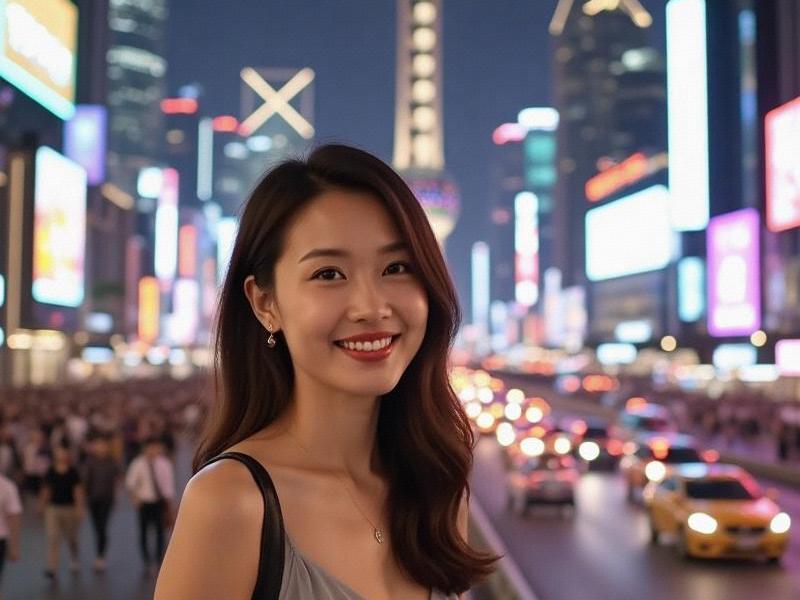This in-depth feature explores how Shanghai's women are driving China's ¥540 billion beauty industry while creating new paradigms of East-West style fusion and female empowerment.

The streets of Shanghai tell a story of sartorial rebellion. Along tree-lined avenues in the former French Concession, a new generation of Shanghai women are rewriting the rules of Chinese femininity. Market research from Mintel reveals Shanghai's beauty industry grew 18.7% in 2024 - triple the national average - with local women spending ¥6,800 annually on average for skincare and cosmetics, compared to ¥3,200 in Beijing.
The "Shanghai Look" represents a calculated paradox. At Xintiandi's fashion boutiques, 28-year-old entrepreneur Ling Chen pairs qipao-inspired silhouettes with streetwear sneakers. "My grandmother's generation prized porcelain skin and demure grace," says Chen, whose contemporary cheongsam brand has attracted ¥20 million in venture funding. "We honor tradition through fabric patterns, but our cuts celebrate movement and ambition."
爱上海论坛
Digital platforms amplify this aesthetic revolution. Shanghai-based Xiaohongshu (Little Red Book) reports 43% of China's top beauty influencers operate from the city, creating content that blends Korean glass skin techniques with French pharmacy minimalism. "The algorithm rewards cultural hybridity," explains marketing director Fiona Wang, whose team identified 17 distinct Shanghai beauty personas through AI analysis of 2.3 million posts.
上海龙凤论坛爱宝贝419
Economic empowerment drives the transformation. With 38% of Shanghai's tech startups having female founders (versus 22% nationally), disposable income fuels experimentation. The rise of "meet-up cosmetics" - products designed for social media documentation rather than daily use - reflects this new purchasing power. Estée Lauder's Shanghai-exclusive "Huangpu Twilight" eyeshadow palette sold out its 50,000-unit production run in 74 seconds.
上海龙凤419油压论坛
Cultural commentators note deeper societal shifts. Fudan University's Gender Studies Center tracks how Shanghai women leverage beauty rituals as both personal expression and professional strategy. "Our research shows makeup application correlates with career advancement up to vice president level," notes Professor Zhang Wei. "Beyond that, the correlation reverses sharply - a fascinating commentary on changing power dynamics."
As Shanghai positions itself as Asia's fashion capital, its women continue to challenge monolithic beauty standards. The emerging aesthetic - simultaneously rooted in Chinese heritage and boldly global - offers a compelling vision of 21st century femininity.